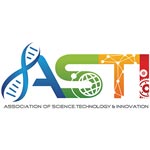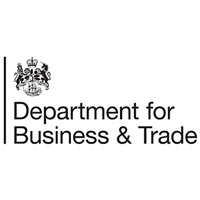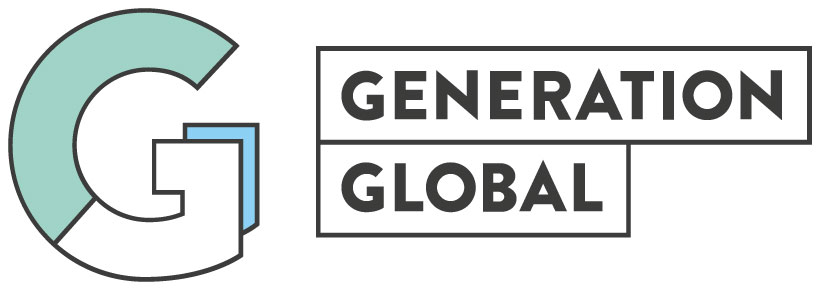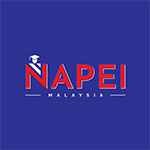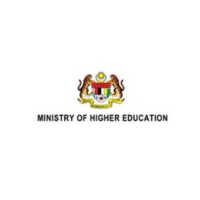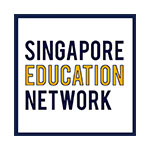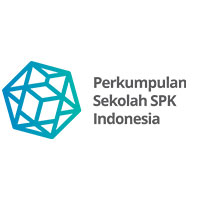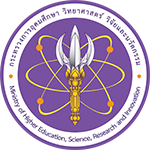Jan 27 | 2020
Sustainable education is a top priority for institutes across Asia.
Bett Asia sat down with Pauline Laravoire, Sustainability Director at Techno India Group, to discover how one of India’s largest higher education conglomerates is pushing sustainability in education to new heights.
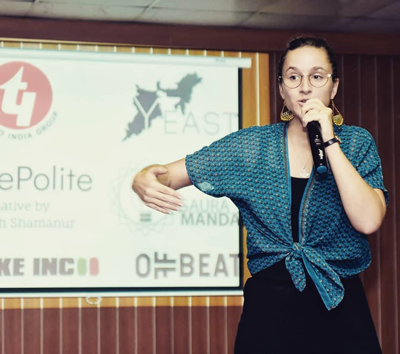
Techno India Group is amongst the largest knowledge management and educational conglomerates in India.
Currently, the Group operates 100 knowledge campuses, including 22 engineering colleges, four business schools, four universities, 25 schools (KG to Class 12), 18 Industrial Training Institutes (ITIs) and two medical colleges (under-construction). More than 70,000 students are currently enrolled in Techno India institutes, mostly in West Bengal, but also across six further Indian states.
Technology education is Techno India Group’s core strength, with a special emphasis on engineering innovation, new technologies, as well as entrepreneurship.
So where does Pauline fit in?
“I personally joined Techno India Group as Sustainability Director in August 2018, after a master’s degree from HEC Paris, and several professional experiences in the Sustainability and Social Innovation fields,” Pauline explains.
“I took this great opportunity to really have one foot in education, and one in Sustainable Development, thereby taking the responsibility to multiply the opportunities for students to understand, learn, work on sustainability-related topics, projects and career opportunities.
“Indeed, the mindsets and curricula are still very much lacking these key dimensions of ethics and sustainability, without which I believe we are doing half our job as an educational institution.”
Leading ongoing change in large-scale operation requires Pauline to take a wide overview between encouraging continual development in the short term and integrating it as part of a long-term strategy.
The former includes punctual sessions addressing students and teachers to start raising awareness, but the real change becomes significant, according to Pauline, only when:
“In order to achieve the long-term change, one needs to be patient and carefully plan throughout,” Pauline says. “But the journey towards truly efficient integration of sustainable development in our education systems is just starting!
“The real goal is to have educational programmes and mindsets so systematically inclusive of these topics that no educational institution would need a specific ‘Sustainability Director’ or ‘Sustainability Branch’ to make sure they are covered.
“One awareness session won’t change anything, as we are talking about a paradigm shift here. We need to establish a repetitive dialogue and systematic sustainable and responsible behaviours, which have no chance to settle down without strong, repetitive continued development.”
Pauline believes these changes cannot be unilateral, but instead must come:
To trigger and reinforce change towards a more sustainability-oriented mindset, Pauline has recently initiated an online platform called Y-East, initiative of Techno India Group, first aggregating and networking platform gathering actors of the sustainability and social sectors, specifically focused on East and North East India – NGOs, CSR departments of Corporations, Impact Investors, Educational Institutions, Sustainability Consultancies etc.
“Education, beyond classes, is also about providing career ambitions and opportunities to students as well as regular connections with the professional spheres. Y-East aims to prove to students that their future career paths can be socially or environmentally impactful, by connecting them with current professionals of these sectors”, Pauline explains.
As a technology-focussed learning institute, Techno Group India has implemented many solutions throughout its campuses, as Pauline explains: “Since Techno India Group is mostly focused on engineering education, we strive to inculcate the latest technologies and related knowledge to our students.”
The group has already successfully adopted the following technologies:
However, education technology is not necessarily a one-size fits all solution – especially when operating across multiple campuses, schools, and education levels like Techno Group India does.
“Each educational programme, each stream of studies, each venture, each project requires a tailored approach, tailored solutions, and tailored management thinking process,” explains Pauline. “Most of our classrooms on the main campus in Kolkata are technologically equipped with smart tools for attendance, course materials and supports, and finds echo in a student portal for educational resources accessible to all students that we call ‘Student Corner’.
“The Group is so big that even when implementing tech-based educational solutions on one campus, scaling it to our other 100 campuses smoothly becomes very challenging, usually not even relevant,” Pauline says. “The characteristics of each campus are different, hence solutions always need to be tailored.
“All these decision-making processes take time to figure out and are sometimes even further blurred and slowed down by numerous ed-tech companies reaching out to the Group with their own technology solutions.
“Competition on the ed-tech market is intense and data-based research is lacking regarding which solution would be best to implement, hence making the ed-tech-related decision-making debates more ideological than data driven.”
It will require a mind-set change across educational instates to the point where continual development of students and teachers alike becomes an ingrained aspect of education.
Another aspect to consider is real, in-depth discussions about the use of education technology to support this goal. It cannot simply be a case of grabbing the latest solution and implementing in a school, or multiple schools and establishments in the case of an organisation like Techno India Group.
Moreover, it requires a considered approach – preferably data-driven – to serve the needs of pupils and faculty alike, and, of course, support learning.
Bett Asia is the place to gain deeps insights into Asia’s education sector.
Our mission is to bring together people, ideas, practices and technologies so that educators and learners can fulfil their potential.
Bett Asia is the region’s leading education technology conference and expo, gathering senior education leaders, educators and innovators to share intelligence on how to improve learning in the 21st century.
For our upcoming 2020 edition, we will continue to build on our position as the leading EdTech thought-leadership conference in Asia, with an expected 2,600+ attendees, 100+ world class speakers, leading companies and inspirational start-ups.
Register to visit Bett Asia.

Pioneering sustainable education in India
What is Techno India Group?
Techno India Group is amongst the largest knowledge management and educational conglomerates in India.
Currently, the Group operates 100 knowledge campuses, including 22 engineering colleges, four business schools, four universities, 25 schools (KG to Class 12), 18 Industrial Training Institutes (ITIs) and two medical colleges (under-construction). More than 70,000 students are currently enrolled in Techno India institutes, mostly in West Bengal, but also across six further Indian states.
Technology education is Techno India Group’s core strength, with a special emphasis on engineering innovation, new technologies, as well as entrepreneurship.
So where does Pauline fit in?
“I personally joined Techno India Group as Sustainability Director in August 2018, after a master’s degree from HEC Paris, and several professional experiences in the Sustainability and Social Innovation fields,” Pauline explains.
“I took this great opportunity to really have one foot in education, and one in Sustainable Development, thereby taking the responsibility to multiply the opportunities for students to understand, learn, work on sustainability-related topics, projects and career opportunities.
“Indeed, the mindsets and curricula are still very much lacking these key dimensions of ethics and sustainability, without which I believe we are doing half our job as an educational institution.”
Techno India Group’s approach to sustainability in education
Leading ongoing change in large-scale operation requires Pauline to take a wide overview between encouraging continual development in the short term and integrating it as part of a long-term strategy.
The former includes punctual sessions addressing students and teachers to start raising awareness, but the real change becomes significant, according to Pauline, only when:
- Official programmes will include sustainable development in their theory, case studies, student projects, entailing a significant dose of Faculty Development Programmes (FDPs)
- Students and staff behaviours and habits will be nudged into more sustainable practices on their campus and back home. This implies to implement long-term changes in, for example, waste and energy management in the school’s premises.
“In order to achieve the long-term change, one needs to be patient and carefully plan throughout,” Pauline says. “But the journey towards truly efficient integration of sustainable development in our education systems is just starting!
“The real goal is to have educational programmes and mindsets so systematically inclusive of these topics that no educational institution would need a specific ‘Sustainability Director’ or ‘Sustainability Branch’ to make sure they are covered.
“One awareness session won’t change anything, as we are talking about a paradigm shift here. We need to establish a repetitive dialogue and systematic sustainable and responsible behaviours, which have no chance to settle down without strong, repetitive continued development.”
Pauline believes these changes cannot be unilateral, but instead must come:
- From different directions: from high management to faculty, from students to faculty, from faculty to students, from admin staff to students etc.
- Through different channels: awareness sessions, seminars, industry / academia meets, FDPs, student associations, events, campaigns, campus drives, campus processes and designs, posters and banners, etc.
To trigger and reinforce change towards a more sustainability-oriented mindset, Pauline has recently initiated an online platform called Y-East, initiative of Techno India Group, first aggregating and networking platform gathering actors of the sustainability and social sectors, specifically focused on East and North East India – NGOs, CSR departments of Corporations, Impact Investors, Educational Institutions, Sustainability Consultancies etc.
“Education, beyond classes, is also about providing career ambitions and opportunities to students as well as regular connections with the professional spheres. Y-East aims to prove to students that their future career paths can be socially or environmentally impactful, by connecting them with current professionals of these sectors”, Pauline explains.
Where does Education Technology fit in?
As a technology-focussed learning institute, Techno Group India has implemented many solutions throughout its campuses, as Pauline explains: “Since Techno India Group is mostly focused on engineering education, we strive to inculcate the latest technologies and related knowledge to our students.”
The group has already successfully adopted the following technologies:
- Virtual Reality Lab, IoT Lab and Robotics Lab for Techno India University, West Bengal, the flagship entity under the Techno India Group umbrella
- Tinkering Lab for some of the group’s primary schools
- Student and customer relationship management app developed for Offbeat CCU – unit of Techno India Group and a unique seven-storey ecosystem combining Education, Entertainment and Hospitality under the same roof.
However, education technology is not necessarily a one-size fits all solution – especially when operating across multiple campuses, schools, and education levels like Techno Group India does.
“Each educational programme, each stream of studies, each venture, each project requires a tailored approach, tailored solutions, and tailored management thinking process,” explains Pauline. “Most of our classrooms on the main campus in Kolkata are technologically equipped with smart tools for attendance, course materials and supports, and finds echo in a student portal for educational resources accessible to all students that we call ‘Student Corner’.
“The Group is so big that even when implementing tech-based educational solutions on one campus, scaling it to our other 100 campuses smoothly becomes very challenging, usually not even relevant,” Pauline says. “The characteristics of each campus are different, hence solutions always need to be tailored.
“All these decision-making processes take time to figure out and are sometimes even further blurred and slowed down by numerous ed-tech companies reaching out to the Group with their own technology solutions.
“Competition on the ed-tech market is intense and data-based research is lacking regarding which solution would be best to implement, hence making the ed-tech-related decision-making debates more ideological than data driven.”
What can we learn from Pauline’s experiences?
It will require a mind-set change across educational instates to the point where continual development of students and teachers alike becomes an ingrained aspect of education.
Another aspect to consider is real, in-depth discussions about the use of education technology to support this goal. It cannot simply be a case of grabbing the latest solution and implementing in a school, or multiple schools and establishments in the case of an organisation like Techno India Group.
Moreover, it requires a considered approach – preferably data-driven – to serve the needs of pupils and faculty alike, and, of course, support learning.
Get more education insights at Bett Asia
Bett Asia is the place to gain deeps insights into Asia’s education sector.
Our mission is to bring together people, ideas, practices and technologies so that educators and learners can fulfil their potential.
Bett Asia is the region’s leading education technology conference and expo, gathering senior education leaders, educators and innovators to share intelligence on how to improve learning in the 21st century.
For our upcoming 2020 edition, we will continue to build on our position as the leading EdTech thought-leadership conference in Asia, with an expected 2,600+ attendees, 100+ world class speakers, leading companies and inspirational start-ups.
Register to visit Bett Asia.


